Ring of Honor (ROH) is a professional wrestling promotion that has consistently strived to honor the traditions of wrestling while adapting to the changes in the industry. This article aims to examine how ROH has navigated these challenges, maintaining its commitment to showcasing the athletic abilities and storytelling that define the sport.
ROH’s Foundational Years
ROH began in 2002, filling the void left by the closures of ECW and WCW. It differentiated itself by emphasizing the athleticism and wrestling skill of its performers, contrasting with the storyline-heavy content of its competitors.
The promotion's ethos of "honor" played a pivotal role in setting it apart. Wrestlers adhered to a code of respect, shaking hands before and after matches, resonating with fans who appreciated the authentic competition ROH presented.
Key figures like CM Punk, Bryan Danielson (Daniel Bryan in WWE), and Samoa Joe became synonymous with ROH's rise1. They were the pillars upon which ROH built its reputation for showcasing future stars. Samoa Joe's 645-day reign as ROH World Champion exemplified the gritty, enduring spirit of ROH wrestling2.
The company's emphasis on innovative, high-risk moves set it apart. Legendary bouts, such as AJ Styles vs. Bryan Danielson at the first "ROH All-Star Extravaganza," demonstrated ROH's commitment to in-ring excellence.
ROH innovated with storytelling, making heroes and villains through their actions and ethics in the ring. This direct approach resonated with fans tired of convoluted storylines prevalent elsewhere.
Events like the "Survival of the Fittest" tournament exemplified ROH's unique structure, serving as a proving ground for the best wrestlers.
ROH's collaborations with promotions like New Japan Pro-Wrestling lent global prestige to its roster and events, broadening its appeal and introducing fans to new styles and performers.
Iconic venues like the Hammerstein Ballroom became synonymous with ROH's major events, with crowds packing in to witness the wrestling spectacle.
Beyond matches and events, ROH nurtured an ecosystem fostering wrestling's purity. The "pure wrestling" division emphasized technical skills and strictly enforced rules, reinforcing ROH's distinct position in the wrestling landscape.
Ring of Honor established itself as a sanctuary for the essence of wrestling. By spotlighting athletic prowess, celebrating respect, and fostering a global community, ROH solidified its legacy as an important promotion in the world of wrestling.
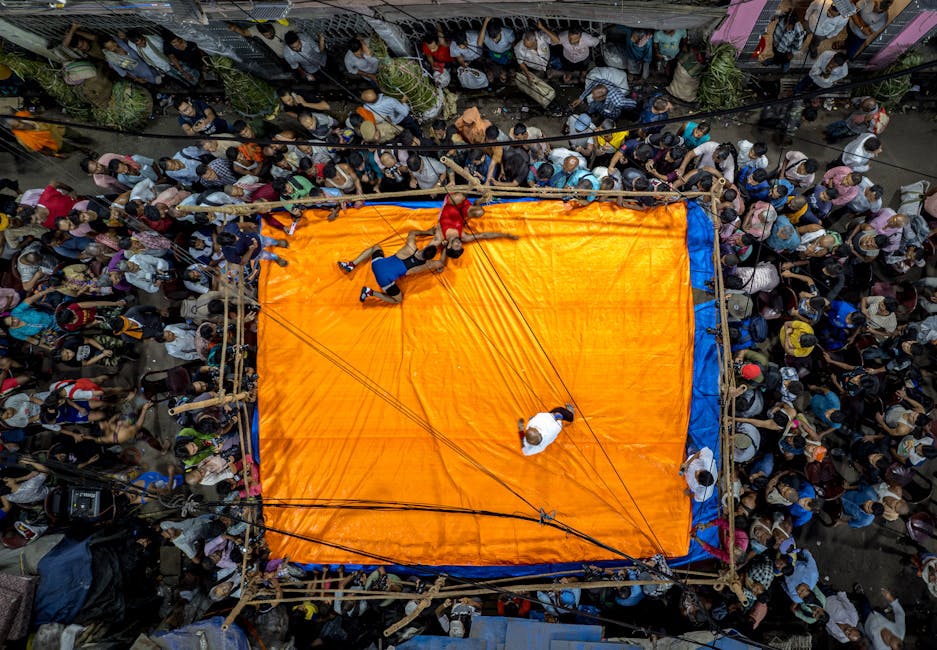
Impact of The Elite & AEW
The departure of The Elite (Kenny Omega, The Young Bucks, Cody Rhodes, and Hangman Adam Page) to form All Elite Wrestling (AEW) marked a significant shift for ROH. The Elite were not just marquee talents; they were crucial in attracting viewers and bolstering the promotion's profile within the wrestling community3. Their decision to embark on a new venture affected ROH's talent pool, viewership dynamics, and prestige.
The Elite's departure left a void in ROH's roster in terms of star power and creative input. It impacted the promotion's appeal to certain segments of its fan base who were fans of The Elite. Championships once held by these charismatic wrestlers became relics of a bygone era, prompting ROH to rebuild and redefine its identity.
However, the absence of The Elite opened opportunities for emerging wrestlers to step up and for existing talent to reassert themselves. Wrestlers like Jay Lethal and Jonathan Gresham ascended, underscoring their in-ring prowess and cementing themselves as cornerstones of ROH's identity shift towards the sanctity of pure wrestling.
The rise of AEW awakened a new force in the wrestling ecosystem, necessitating ROH to evolve its purpose and identity. The promotion leaned heavily into its roots: the purity of grappling, the sanctity of the Pure Championship, and a return to the foundational principles that had once set it apart.
ROH focused on Pure Rules contests and revitalizing its tag team division, aiming to foster a sophisticated appreciation of the sport. By showcasing a global tapestry of talent, ROH repositioned itself as a beacon of wrestling purism.
This commitment to unvarnished wrestling carved a distinct niche for ROH within the wrestling landscape. Attracting passionate devotees wasn't without challenges, particularly in the face of AEW's growing spectacle. Attendance metrics and viewership figures reflected the transitioning times.
ROH persevered by focusing on its core values, emphasizing athleticism and hallowed traditions. The Elite and AEW's emergence marked the evolution of ROH's narrative from a saga defined by specific personalities to one that celebrated a pure-wrestling ethos. Amid shifting sands, Ring of Honor held firm, upholding its principle: in the theater of wrestling, the sport's core elements persevere.
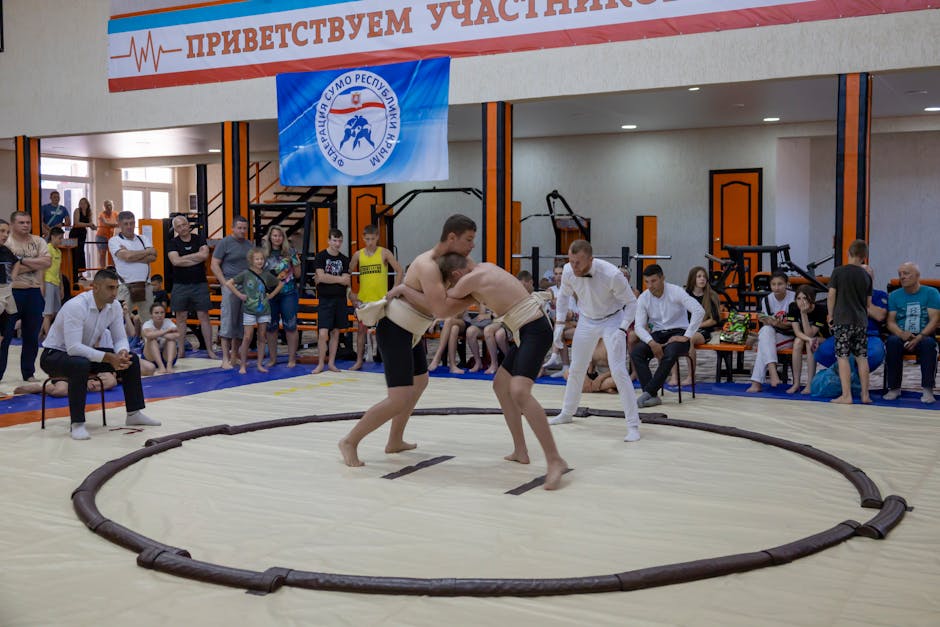
COVID-19 Pandemic Effects
In early 2020, ROH faced an unprecedented challenge in the form of COVID-19. The pandemic threatened not only the physical well-being of its wrestlers but also the promotion's operational framework and financial stability. With live events suspended, ROH stood at a crossroads, battling for both legacy and survival.
The shutdown of live events, ROH's primary source of revenue, created a significant void in finances. The absence of ticket sales, concessions, and merchandise booths strained the promotion's usual dynamism. Pay-per-view events held without live audiences felt like battles fought in empty arenas, lacking the essence of interaction that forms wrestling's core.
ROH responded with resilience and prudence. The promotion instituted comprehensive health protocols and quarantining measures to ensure the safety of its roster and staff. It focused on enhancing digital production value and localizing content to adapt to the new reality.
The pandemic exposed vulnerabilities in wrestling promotions' finances. ROH had to lean heavily on digital viewership and innovate to stay afloat amid the uncertainties. Strategic repercussions included budgetary reallocations towards health protocols and digital enhancements, impacting plans for international expansions and high-profile signings.
Despite the challenges, the pandemic also served as a catalyst for introspection within ROH. It prompted a renewed focus on the promotion's core values and the purity of professional wrestling. The emphasis shifted towards nurturing homegrown talents who could shine in the absence of larger-than-life attractions.
As operations cautiously resumed with restricted audience returns and sanitized offline showdowns, ROH's storytelling remained defiant. The promotion showcased resilience as its most commendable championship during trying times.
COVID-19 posed a significant challenge to ROH, but the promotion demonstrated resilience and adaptability, staying true to wrestling's storytelling craft while navigating the difficulties presented by the pandemic.
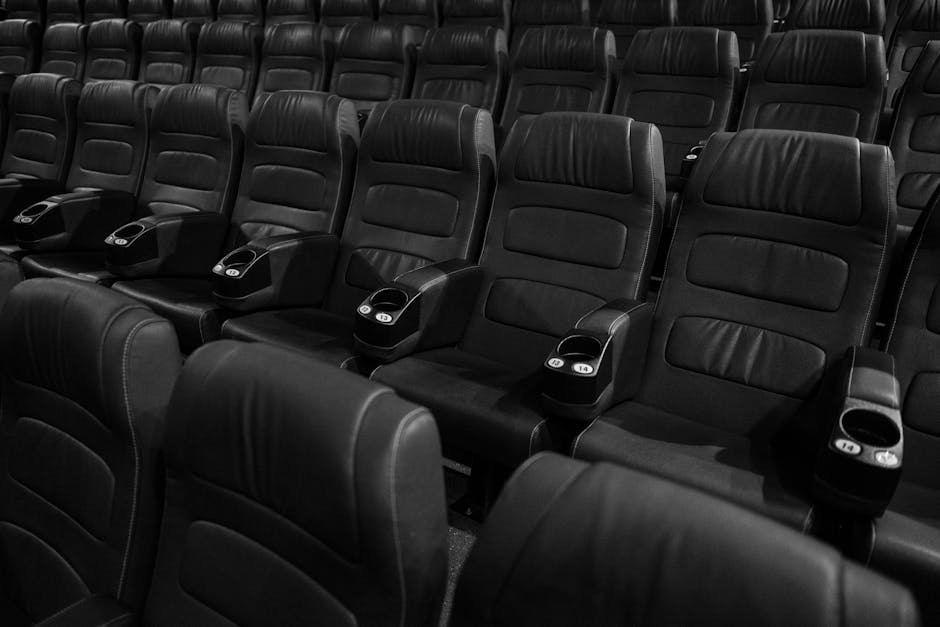
Survival of the Fittest Tournament
The Survival of the Fittest: ROH's Crucible of Champions
In the history of Ring of Honor, few events carry the importance and legacy of the Survival of the Fittest tournament. This annual competition is more than just a series of matches; it's a proving ground where wrestlers battle not just for victory, but for their chance to be part of ROH's storied history.
A Lens Into the Past: Origins to Modern Day
Originating in the early days of ROH, Survival of the Fittest established itself as a foundational event for the promotion. This unique tournament provided a platform for future stars to emerge and prove themselves.
The inaugural tournament in 2004 set the format—a series of one-on-one matches leading to a six-way final where endurance was crucial, and the prize was a shot at the ROH World Championship. Winners like Bryan Danielson went on to achieve significant success, demonstrating that victory in Survival of the Fittest was often a precursor to a memorable run in ROH and beyond.[1]
Over the years, winners like Roderick Strong, Jay Lethal, and more recently, Bandido, have added their names to the list of Survival of the Fittest victors. With each hard-fought tournament, the event has grown in significance, becoming a launching pad for wrestlers to elevate their careers.
Elevation of Talent: The Unseen Hand
Survival of the Fittest's importance lies in its ability to showcase talent from all levels of experience—from up-and-comers to established veterans. A win often leads to a championship opportunity and a chance to make a name for oneself, but more fundamentally, it bestows upon the victor a level of recognition and expectation from fans and peers alike.
Each installment has consistently showcased the progression and growth of talent within ROH. The winners and even the runners-up often see their stock rise not just in terms of their position on the roster, but in the eyes of the ROH fanbase.
2023: A Shaping of the Future
The 2023 edition of Survival of the Fittest marks a new chapter in the tournament's history. Being used to crown the next ROH World Television Champion, this change highlights ROH's willingness to evolve and adapt.[2] Never before has the tournament carried such strategic importance—serving not just as a showcase, but as a direct path to championship gold.
This fresh approach reassures fans and wrestlers that even as the landscape of professional wrestling shifts, ROH remains committed to its core principles while also embracing change.
Concluding the Tale of Audacity
The Survival of the Fittest tournament in ROH's history is a convergence of opportunity and perseverance. Each edition, each intense battle, each moment when a wrestler's resolve is tested, adds a new chapter to ROH's ongoing story.
The tournament is highly significant, playing a crucial role in creating champions, building legacies, and shaping careers. It's here that ROH demonstrates that while titles are the tangible reward, the true prize is the respect earned through unwavering dedication to the craft. Wrestlers of all stripes answer this call, knowing that a grueling path to victory can lead not just to a championship, but to a place in the esteemed history of ROH.
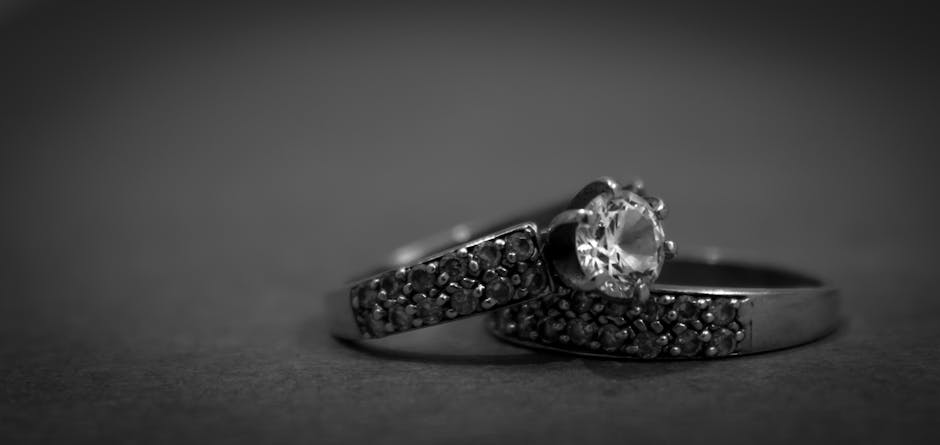
ROH’s Future Prospects
The Dawning Horizon: Charting ROH's Future Amid the Wrestling Cosmos
Looking into the future of Ring of Honor (ROH) reveals a world of possibilities in the constantly evolving landscape of professional wrestling. ROH's rich history, filled with memorable moments and iconic figures, serves as a guidepost, directing the promotion towards new frontiers in an increasingly competitive industry.
Leveraging the Heritage: A Foundation for Future Glories
While professional wrestling thrives on the excitement of in-ring action and compelling storylines, its heart lies in the narratives shaped by its past. For ROH, this history is not just a collection of memorable moments, but a valuable resource to create new stories that appeal to both long-time fans and newcomers. To stand out in a crowded market, ROH must not only respect but actively promote its unique identity—blending its respect for pure wrestling with modern storytelling techniques.
Adapting to the Digital Dojo: Embracing New Frontiers
In today's digital age, where online platforms are increasingly important, ROH's future success depends on making its mark in this domain. From innovative streaming platforms to engaging online fan experiences, embracing technology will expand ROH's audience and strengthen fan connections. By adapting to digital trends, ROH can attract a new generation of fans who primarily engage with content online.
Global Alliances: Wrestling as a Universal Language
Wrestling's global appeal presents ROH with opportunities for international collaborations. Building partnerships with promotions from Japan, the UK, and other regions can create a global wrestling network, discovering new talent and showcasing diverse styles. These cross-promotional initiatives could add new dimensions to championship rivalries and create dream matches that draw fans from around the world into the ROH community.
The Crucible of New Stars: Innovation in Talent Development
To confidently navigate the future, ROH must become a hub for discovering and nurturing the next generation of wrestling stars. Talent development programs, designed to cultivate raw, undiscovered potential, could position ROH as a leading force in shaping the future of the sport.
Consider the following elements in evolving talent development:
- Structured training programs
- Mentorship from seasoned veterans
- Opportunities for international exposure
- Emphasis on character development alongside in-ring prowess
Responsive Storytelling: Listening Ringside
In an era where fan feedback is instantaneous, incorporating audience input into storytelling could differentiate ROH. This responsive approach to creating rivalries and narratives ensures that the fans' voice helps guide the action, fostering a strong connection between the wrestlers and the audience.
As ROH takes concrete steps towards the future, it's clear that the journey ahead presents both challenges and opportunities. By staying true to its core values while embracing innovation and global expansion, ROH can embark on a new era—one that honors its commitment to pure wrestling while adapting to the demands of the digital age and beyond.
Ring of Honor is poised to make a significant impact—not just as a representation of wrestling's enduring appeal, but as a trailblazer, exploring new paths in the vast world of professional wrestling. In this universe, both established and rising stars come together around the essence of the art form: the timeless contest inside the squared circle, where every hold, maneuver, and expression tells a story steeped in history and rich with the promise of new legends waiting to be made.
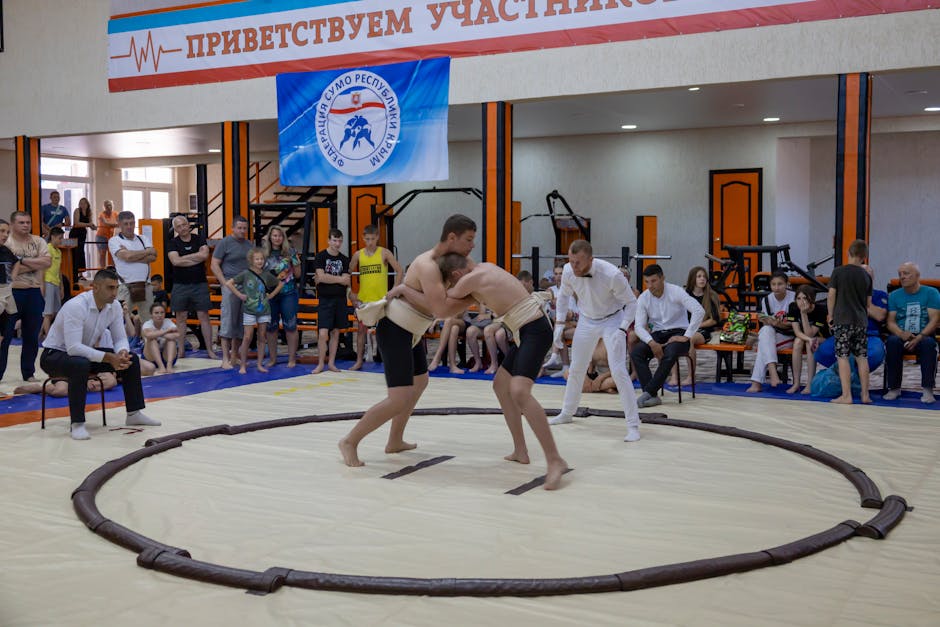
Let Writio’s cutting-edge AI technology elevate your content. This article was crafted by Writio.
Leave a Reply